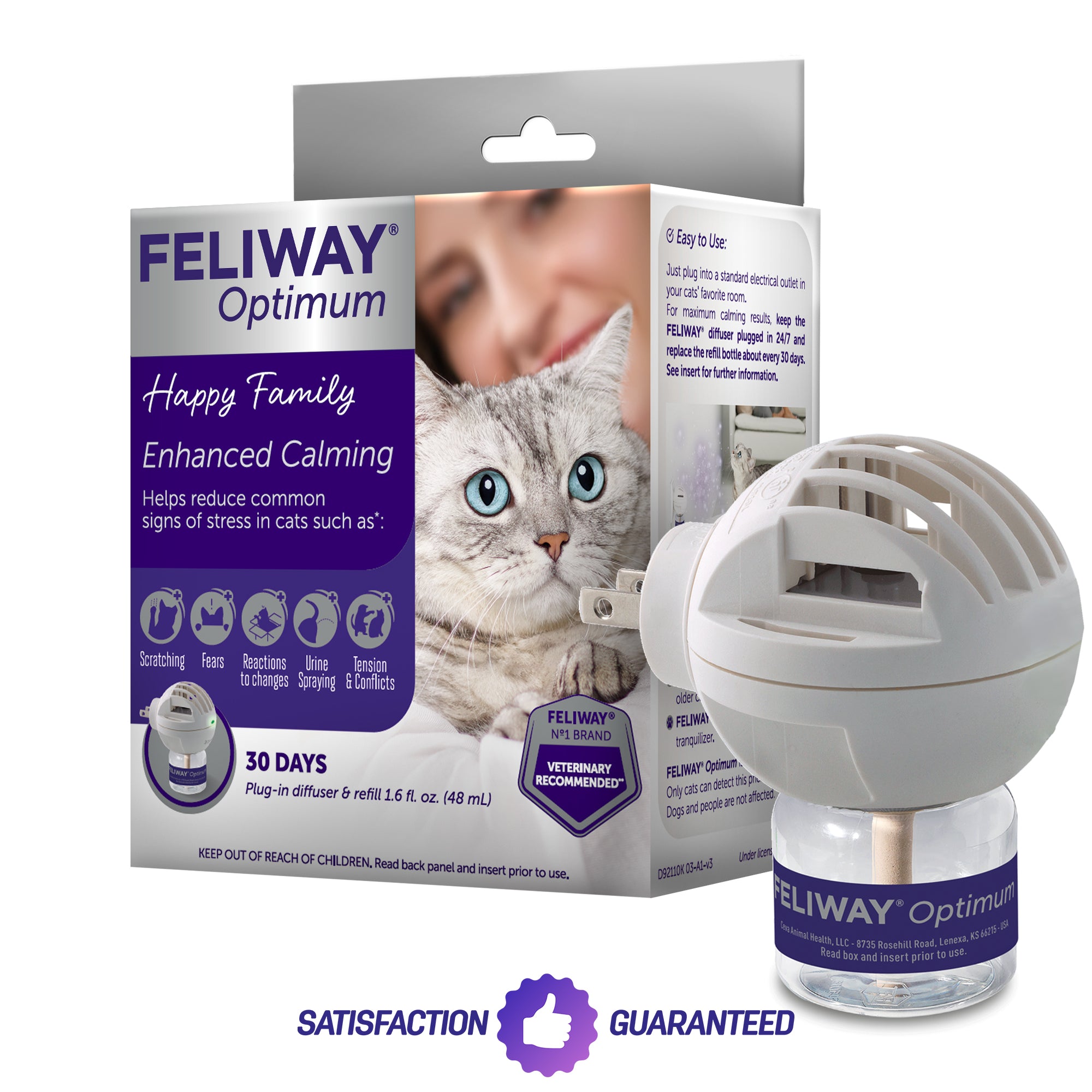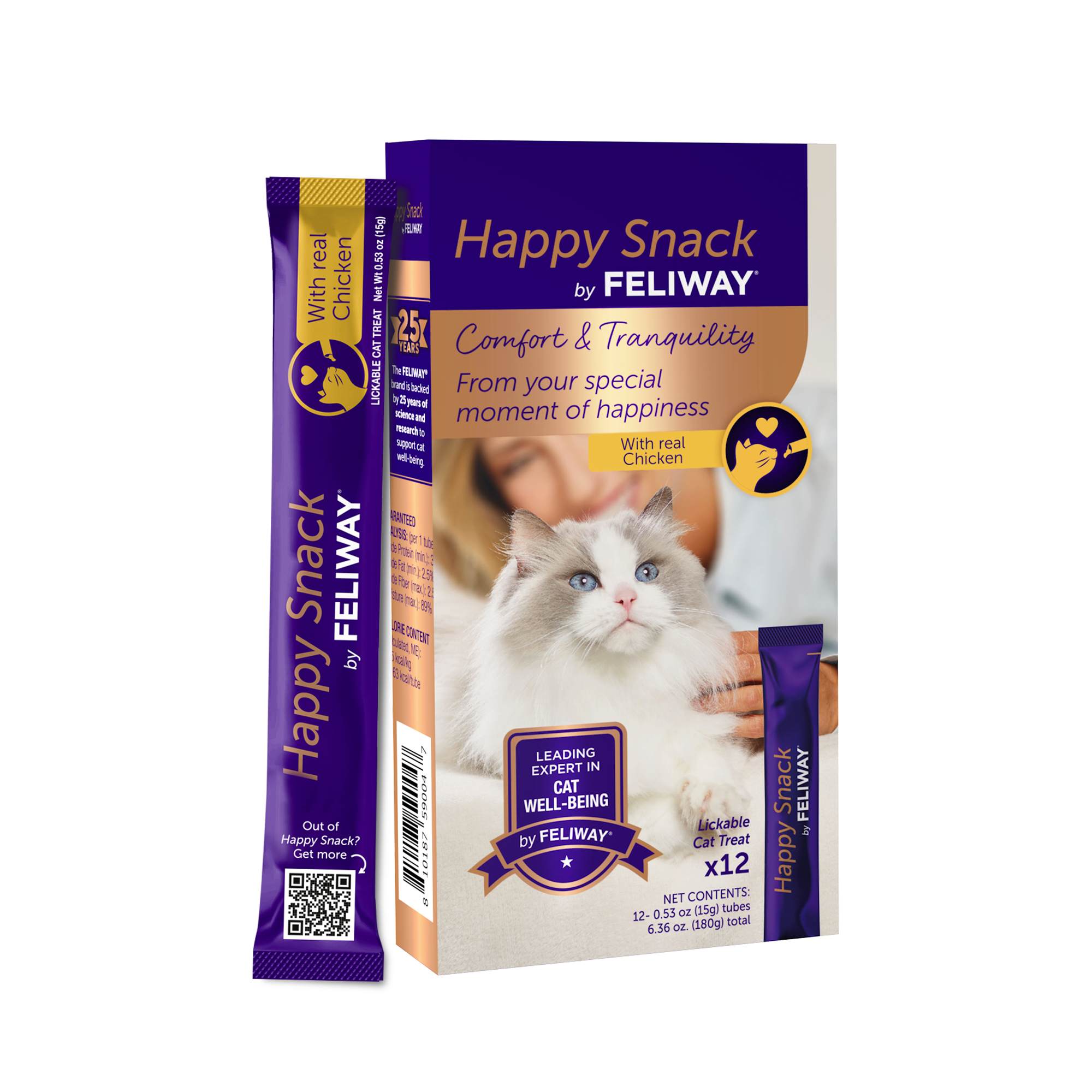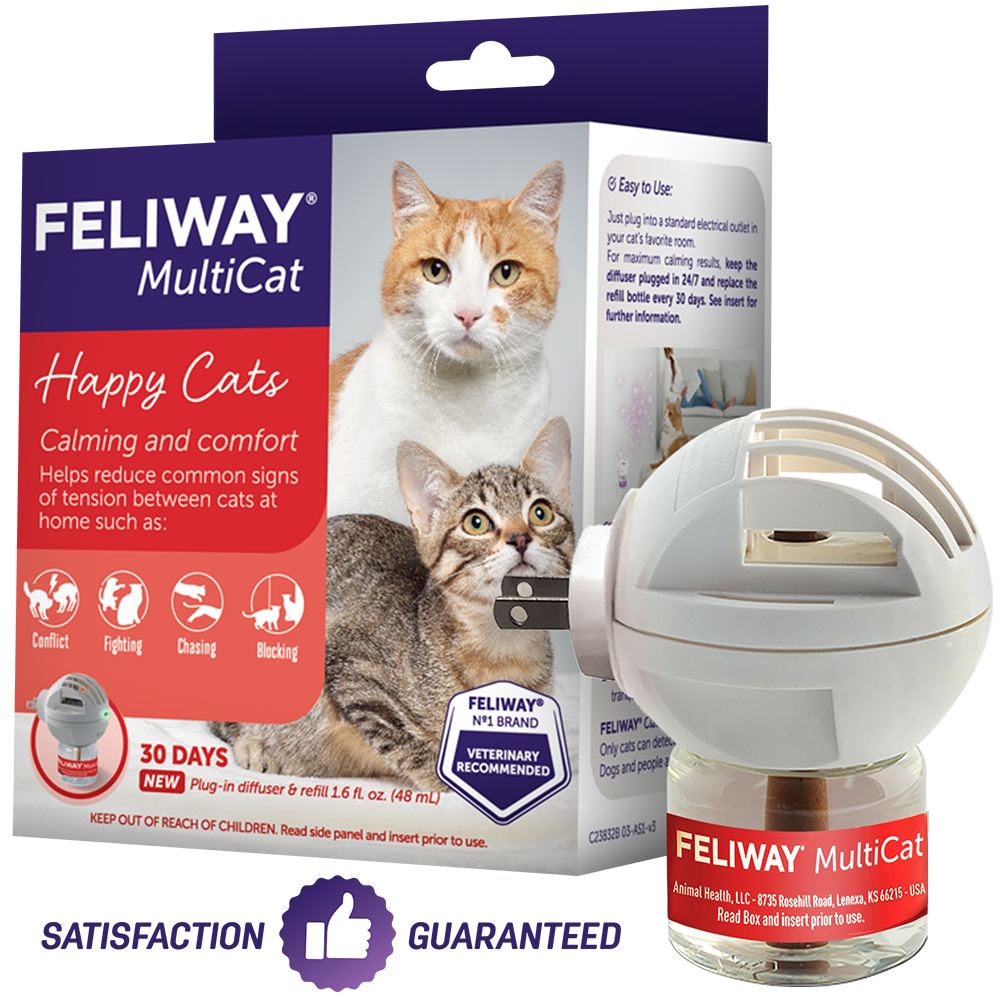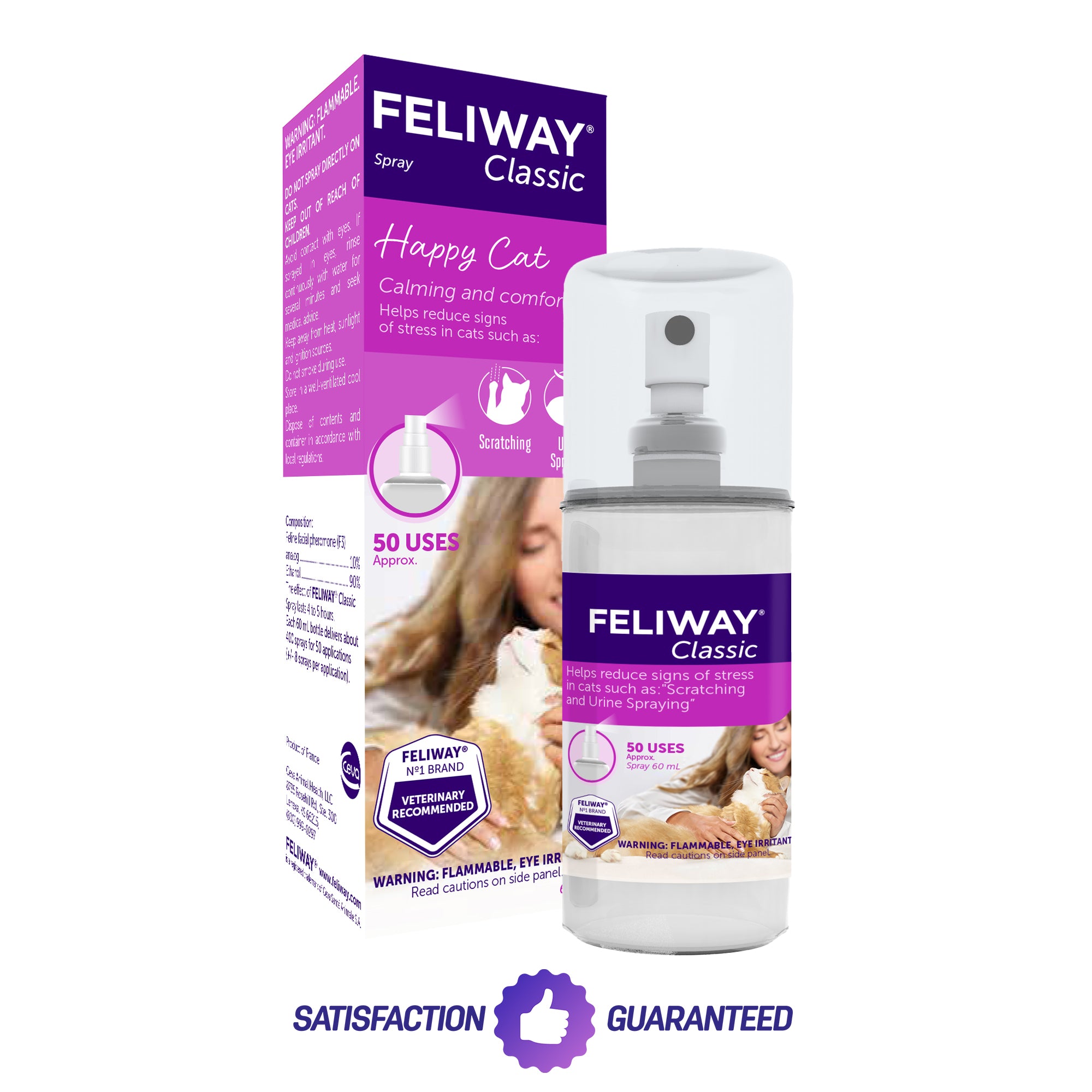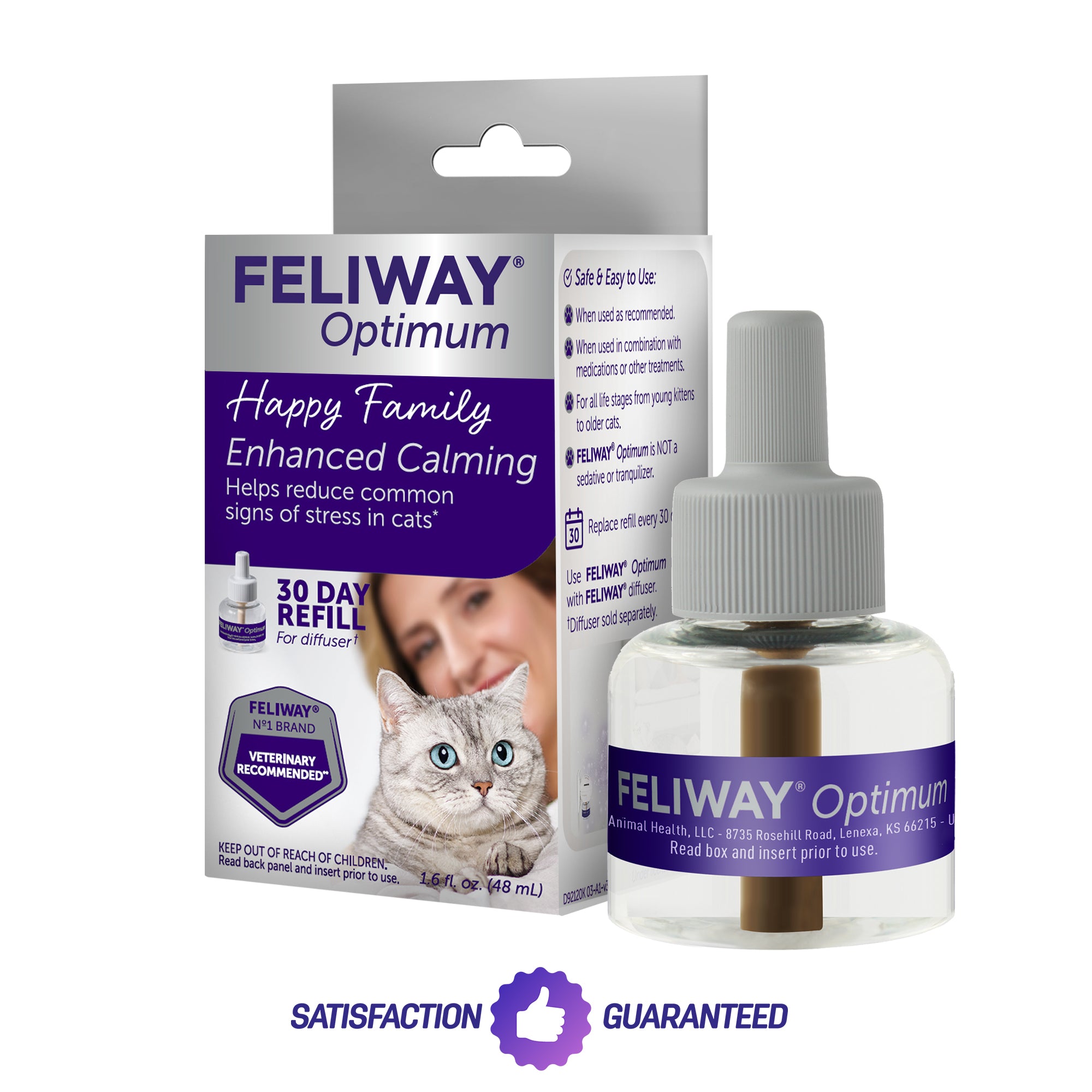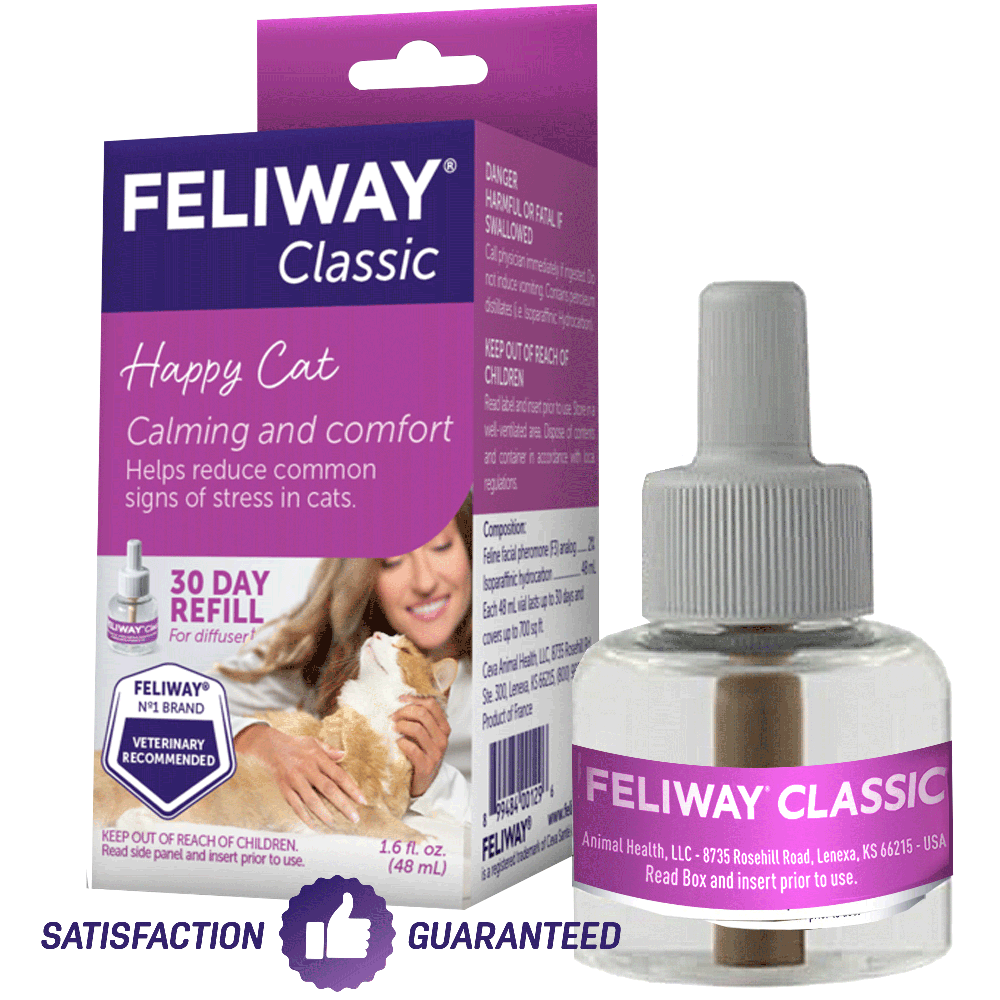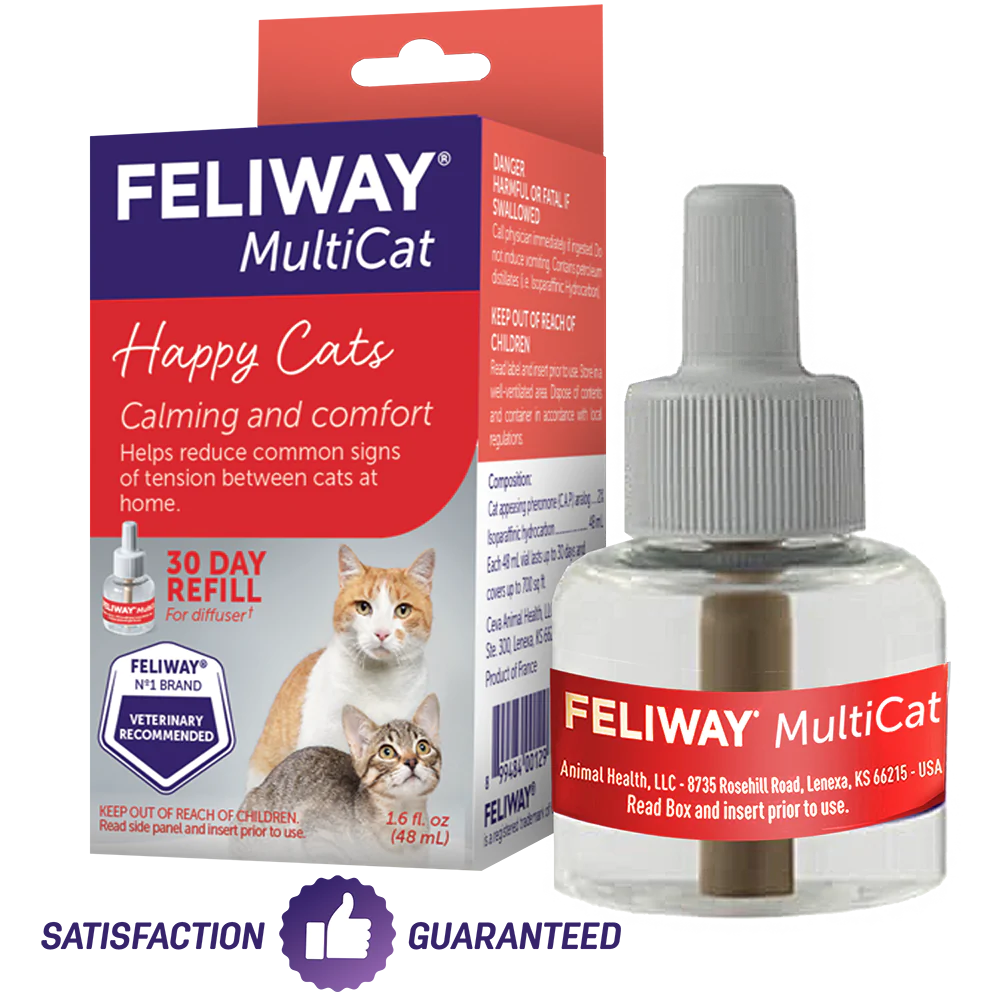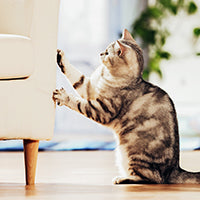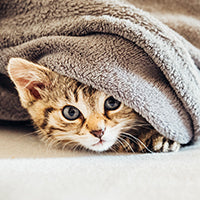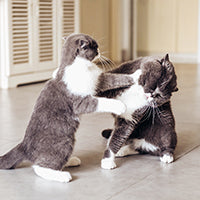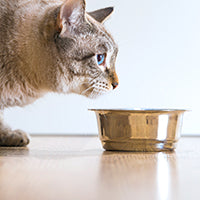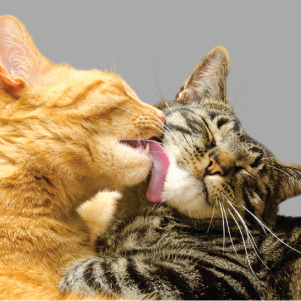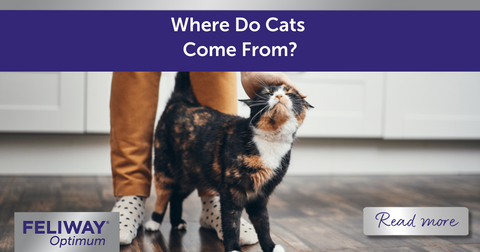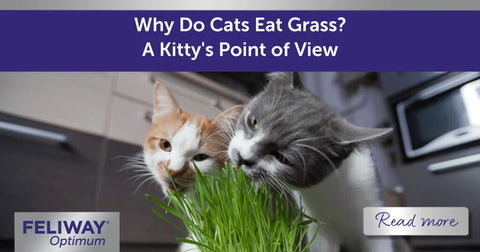Troublesome Teenage Kitties! Is My Cat Going Through the 'Terrible Two's'?
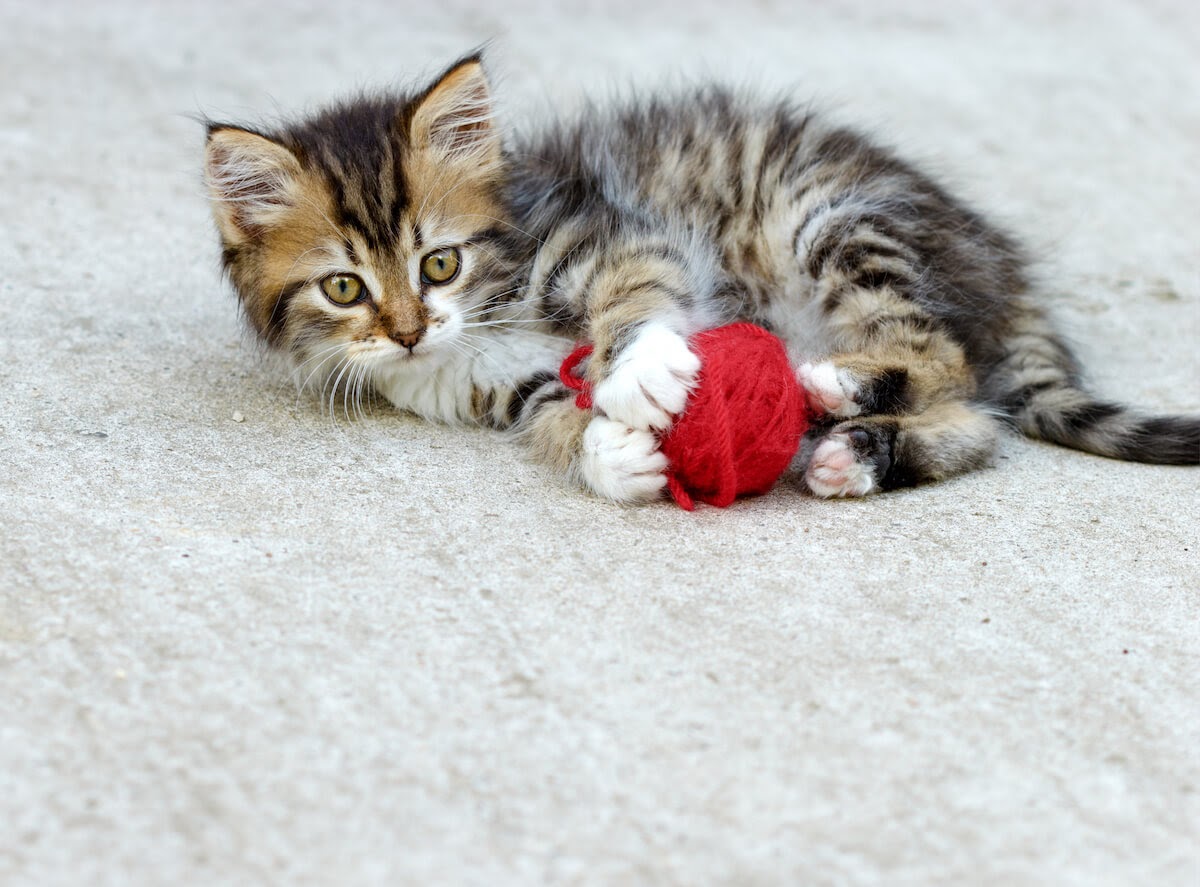
Have you noticed subtle changes in your cuddly little kitten? The one with those big eyes and button nose, the one who was happy to play with a piece of string then cuddle down and fall asleep on your lap?
Are they suddenly a little more independent and not quite as sociable as they once were? If this sounds familiar, they might be going through the ‘Terrible Two’s’ phase!
Cats are juniors until the age of 2, and like human children, may start to show a different temperament between 6 months and 2 years old, even progressing from the (sometimes) defiant ‘Terrible Two’s’ to becoming a stroppy teenager!
So, how can you help your cat grow through these development stages into a happy feline adult?
Understanding Kitty Developmental Stages
A cat has 6 life developmental stages.
0-6 months
This is their kitten stage when they love to play, so it’s the best time to introduce them slowly to other pets in the home, normal home environment and noises, and being handled by humans. It’s also a good time to train them to get used to grooming, and a cat carrier for the times when you will need to take them to the vet, or travel in a car.
6 months-2 years
At 6 months in ‘human years’, your kitty is around 2 years old in kitty years! This means it’s when the kitty ‘Terrible Two’s’ will probably kick in and they will be reaching physical and sexual maturity.
3-6 years old
These are the prime years for a cat. They have reached their young adulthood and may become more independent, but will be benefiting from the training and handling you gave them when they were a kitten. Keep an eye on them, however, with lots of kitty interaction and get them regularly checked by a vet to ensure they are kept healthy.
7-10 years old
Cats are considered to be ‘mature’ at this age and perhaps they will be happier to sleep in a cosy corner more often and have less exercise. This could result in weight gain - just as it sometimes does in a human’s mature years!
11-14 years old
At 11-14, your kitty is around 70 kitty years old, so your feline friend might be more considered in what they do - and only do it on their terms!
15 years plus
Keep a keen eye out for significant behavioral changes, like how they use their litter box, what their faeces looks like, are they being more vocal or are they showing more reluctance to being handled. You may need to take them to the vet more regularly to ensure they are comfortable and there are no underlying medical issues.
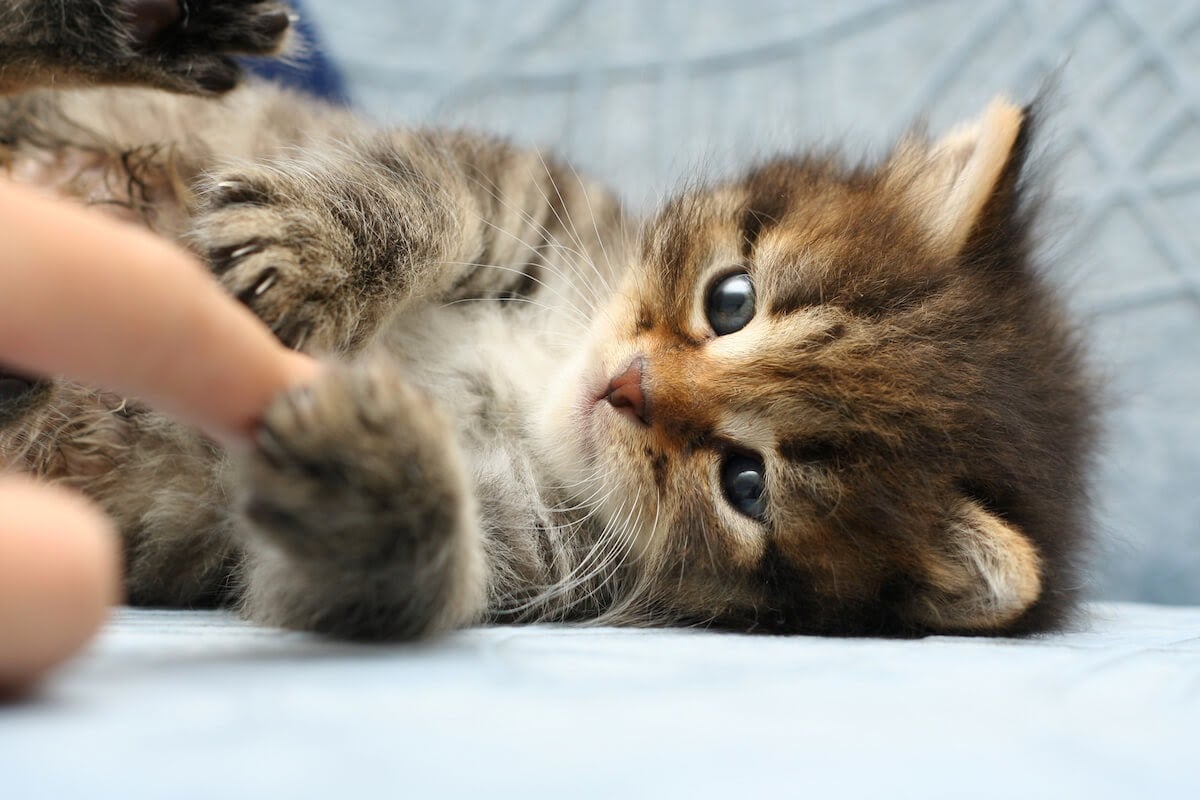
Understanding the Kitty ‘Terrible Two’s’
Between the age of 6 months and 2 years, your kitten will be reaching physical and sexual maturity. They will grow out of being a pure bundle of energy but, like human teenagers, they will be learning and exploring more of the world around them.
They will probably only want to play on their terms - but try to settle into a routine and put aside certain times of the day to play, socialise and train your kitten. This time could also include checking their teeth, clipping nails and general grooming (though cats are very good at keeping themselves very clean!).
If you have other cats in the household, keep an eye out for interkitty stress. Although they may seem to rub along nicely, if you see signs of spraying on furniture or vertical surfaces, or scratching, this may be a sign that your kitten is stressed and has conflict issues with your other cat. Always ensure that each cat has their own resources (bed, food & drink bowls, and litter tray). Cats don’t like sharing!
If you have an outdoor cat, they will probably have discovered other neighbourhood cats by now, so you may want to consider having your cat spayed before they are 6 months old (and before they go outside!) to avoid unwanted pregnancies.
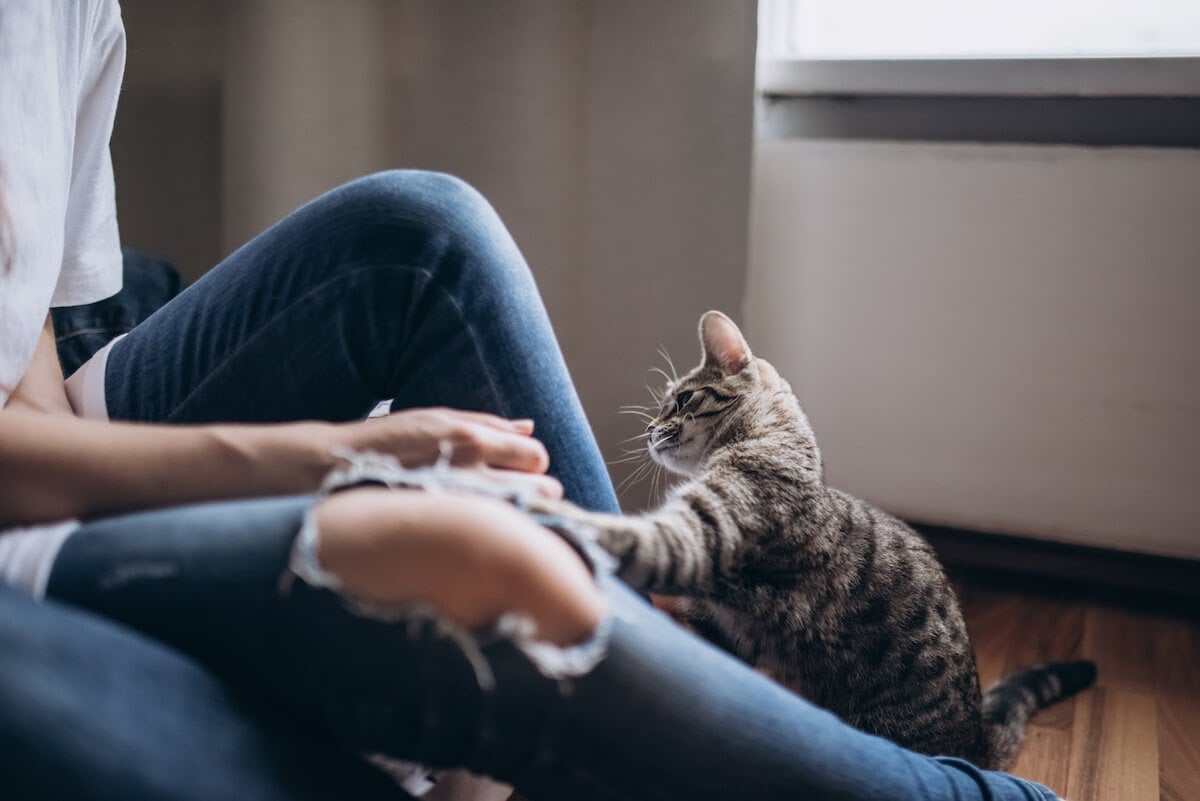
How Can I Help My Cat as they Grow?
It’s good to understand how your cat matures so that you can help them develop their changing characteristics in a positive way.
As your kitten grows, it's important that their resources grow and develop with them. As well as changing their cat food to one that is more nourishing for an older cat (do this slowly), remember that cats sometimes like to eat little and often, so give them smaller portions of food and perhaps consider the ‘scatter’ method of feeding; a cat’s natural instinct is to hunt so looking for food in different areas of the house or putting snacks or treats in an activity feeder or puzzle, is a good way to provide mental stimulation.
Make sure their litter tray is the right size for an adult cat; similarly, they may need a larger scratching post or toys to play with.
Also remember to provide them with a comfy bed that is not too small so that they can curl up and snooze - and give them access to elevated areas that they can retreat to if they feel at risk at all.
However, like human teenagers, cats can develop habits which need to be addressed (like scratching furniture) to ensure they grow into sociable and friendly cats that you love having around. If this is the case, you may find our post on “8 Ways to Stop a Kitten from Biting and Scratching” useful.
Using FELIWAY Optimum can support you and your kitten through the Terrible Two’s; it is a plug-in diffuser specifically designed to support cats living with us.
